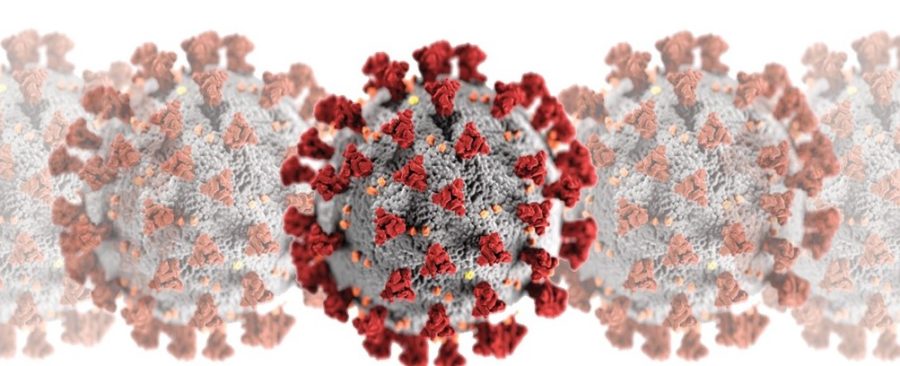By Chantalé Fletcher
COVID-19 variants are not as a result of vaccination.
This according to Professor of Molecular Genetics and Virology at the University of the West Indies at the Ministry of Health virtual press conference on Monday.

Professor Carrington said a misconception stated that there was no point in taking a vaccine if there are variants around.

She said, “Some variants are more resistant to vaccines and they can cause disease in vaccinated peoples, (but) the vaccines we have still massively reduce the chance of severe disease and death.
“Unvaccinated people are more likely to get infected with variants, more likely to experience severe disease and to die than vaccinated people.”
She said that vaccination did not cause variants.

Prof Carrington said, “All of the variants of concern and interests currently in circulation emerged before vaccines were widely used so they cannot be the result of vaccination.”
She said a common misconception was that because vaccinated people can get infected, there’s no point in them getting vaccinated was false.
The professor said, “Infection meant that a virus has entered your body and has begun to multiply in your cells.
“That multiplication of the virus can cause damage directly or indirectly, if enough damage is done then you will feel sick and experience disease; so, infection and disease are not the same thing.”

She said, “Not all infections lead to disease and in cases where there is enough damage to experience diseases, the extent of the damage will determine whether you have mild or severe disease, or in some cases, whether you live or die.”
In comparison to other vaccines, Prof Carrington stated that the Covid-19 ones were designed to protect against disease, not infections but added they did a fantastic job against diseases.
She made reference to worldwide data about vaccinated people who get infected.
Professor Carrington said, “They are less likely to experience disease and if they do, the disease is usually mild and vaccinated people are very unlikely to experience severe disease and are extremely unlikely to die if they are infected. The Covid-19 vaccines are keeping people alive and out of hospitals.”
She said vaccines reduced infections.
“Vaccinated people can get infected but they do so much less often than unvaccinated people,” the professor said.
She said variants resulted from mutations which occurred when the virus was in a cell being copied.
Professor Carrington said, “So you can only get these mutations when you have infected individuals. The more infected people there are, the more chance for variants to arise.”
She said the Covid-19 vaccines reduce the chance of infections and they also reduce the chance of transmitting the virus to someone else.
Professor Carrington said, “They don’t eliminate it completely but they reduce the chances so although vaccinated people can transmit the virus to others, studies indicate that they do so much less often than unvaccinated people.”
She said, “The more vaccinated people we have, the fewer new infections we will have and the lower the chance of additional variants arising.”
![]()












